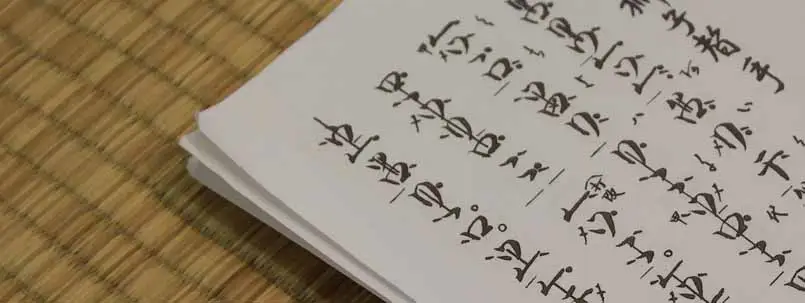The term macaronic is applied to linguistic products that arise when several languages get mixed up in the same text or utterance. It is distinguished by a mixture or presence of vernacular words which have been jumbled together with Latin words. It also refers to mixture of words from different vernacular or foreign languages. According to the Oxford English Dictionary, Macaronic language refers to a form of verse featuring vernacular words which have been introduced directly into another language’s context, originally Latin.
It can also be defined as a verse in which two or more languages have been merged or mingled together. Its unique aspect is that, unlike conventional languages where the mnemonics and syllables are primarily from one language, macaronic brings several languages together in a single verse or sentence. For example, in linguistic literature, you can easily find words such as “Franglish’” or “Japlish’, which are used to refer to words of hybrid construction. It uses the roots of English words to form new French or English vocabulary.

A common example is that of contemporary Japanese, especially spoken by young people. Due to globalization and western influence, a majority of young Japanese speakers use the language filled with sentences and phrases of faux-English.
The rise of macaronic language can be traced back to the 14th century when it spread across Europe. During that time, Latin was the main language used by university students, clerics and scholars. However the language was slowly losing ground to other vernacular languages, especially among the poets, storytellers and minstrels. The language is still popular among Italian authors such as Carla Emilio Gadda.
There are several poems and books that have been published using the language. These include the MS Digby 196 and the “Nolo mortem pecatoris” by Thomas Morely. The language is also used in films, especially comics or those with a high level of pun. Several anthems were also created using a mixture of English and Latin to further entrench macaronic language. Tifi Odasi is a comical poem which contains a mixture of Italian and Latin. There is also the Brian P. Clearys use of macaronic verse “What Can I C’est?” in his book.
Improve your Macaronic Language skills today by brushing up on your foreign language fluency now!
